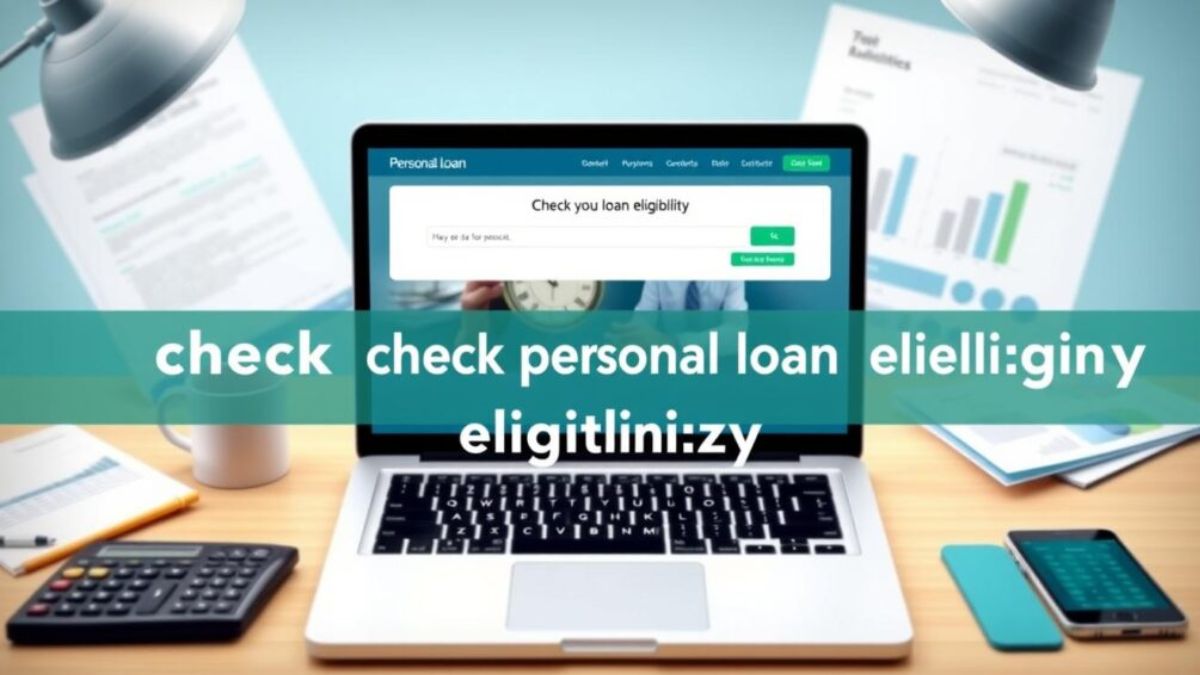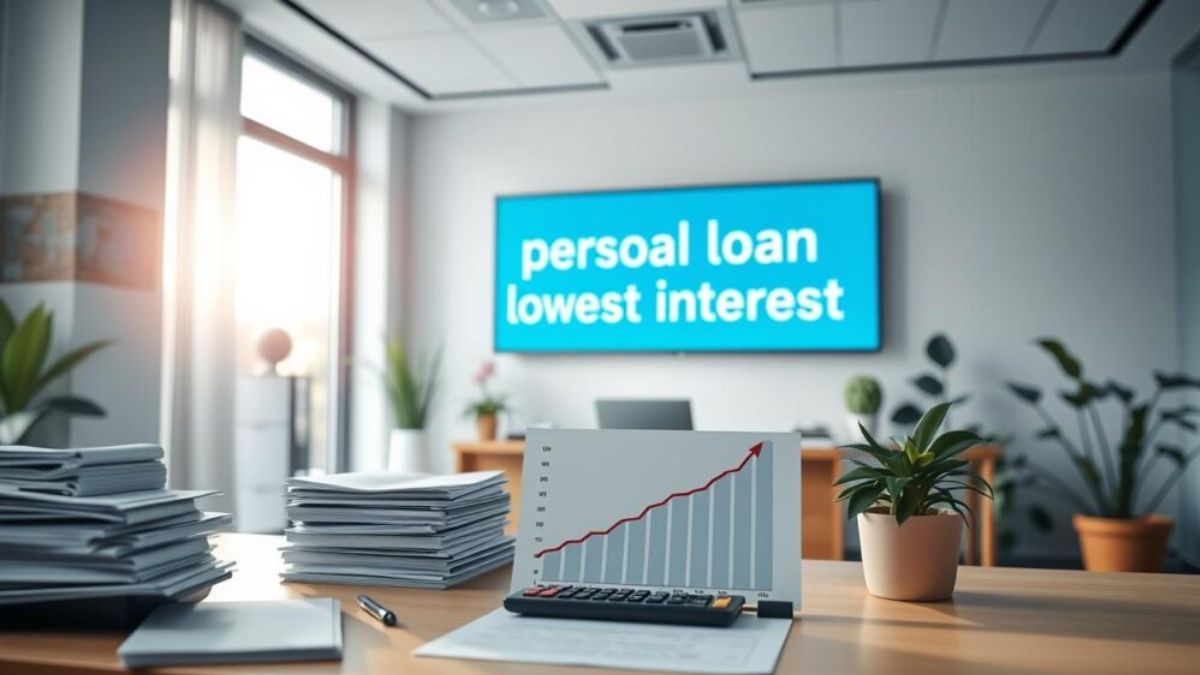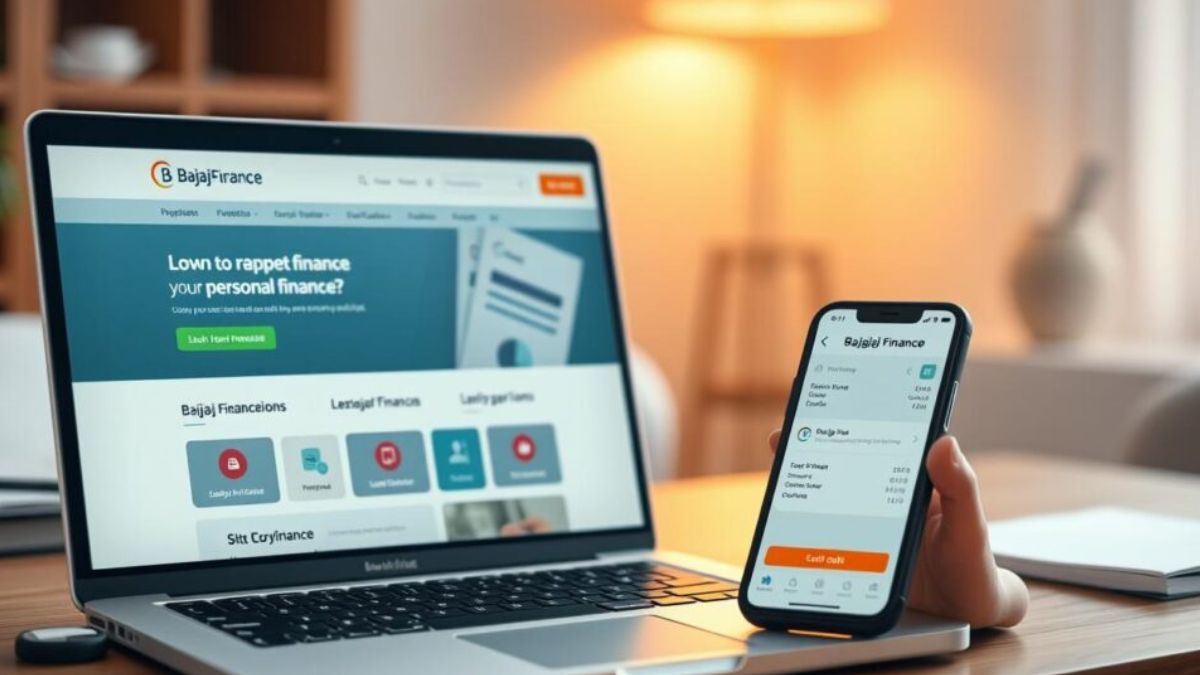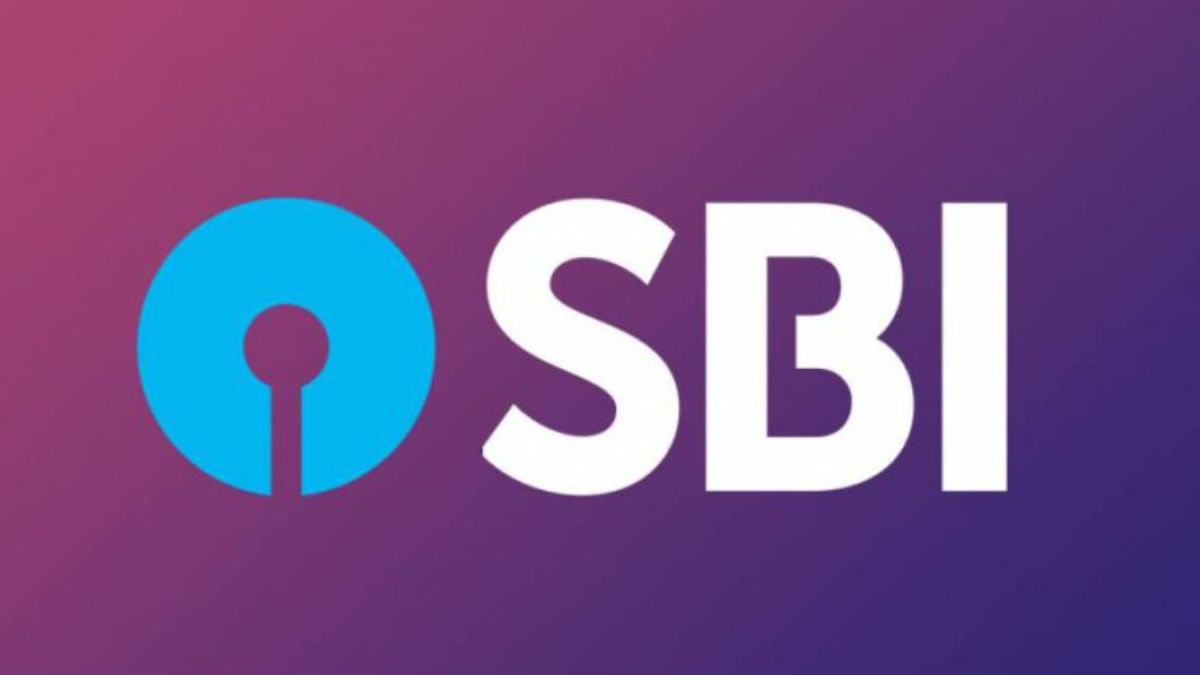Managing multiple debts can feel like a heavy burden. But, there’s a way to make it easier – a personal loan for debt consolidation. This guide will show you how to simplify your finances. You’ll learn about the benefits, how these loans work, and their impact on your money health.
You’ll discover what you need to qualify, the interest rates, and how to manage your debt well. This knowledge will help you make smart choices and control your financial future.
Using a personal loan to consolidate your debts can change your life. It lets you merge many high-interest payments into one easy monthly payment. This guide will help you understand how to consolidate credit card debt, student loans, or other debts. You’ll get the info you need to find the right solution for your financial situation.
Understanding Personal Loans for Debt Consolidation
Exploring personal loans for debt consolidation can be a big help for those with many high-interest debts. These loans let you merge different debts into one, making payments easier. Knowing how these loans work and their benefits can help you choose the right one for your needs.
How Debt Consolidation Loans Work
Debt consolidation loans give you a big sum to pay off existing debts like credit cards or personal loans. You then pay back this loan, usually at a lower interest rate and over a set time. This makes your monthly payments simpler and could save you money in the long run.
Benefits of Consolidating Multiple Debts
- Potentially lower interest rates compared to existing debts
- Simplified monthly payments by combining multiple debts into one
- Improved financial organization and control over debt repayment
- Potential to free up cash flow for other financial goals
Different Types of Consolidation Loans
There are several debt relief options to consider, including:
- Unsecured Personal Loans: These unsecured personal loans don’t require collateral, making them a common choice for consolidating debt.
- Home Equity Loans or Lines of Credit: Homeowners can use their property’s equity to get a lower-interest loan for debt consolidation.
- Balance Transfer Credit Cards: Some credit cards offer special loan interest rates for moving balances, helping you consolidate debt onto one card.
Understanding each option can help you pick the best debt relief option for your situation.
Getting a Personal Loan for Debt Consolidation
Getting a personal loan for debt consolidation can simplify your finances and save money. It involves researching lenders, gathering documents, and applying for the loan. Here’s how to get a personal loan for debt consolidation:
- Research Lenders: Look at offers from banks, credit unions, and online lenders. Think about interest rates, repayment terms, and fees.
- Gather Documentation: Get ready your income proof, employment details, and debt information. This makes applying easier.
- Submit the Application: Fill out the loan application online or in person. Lenders will check your credit score and history to decide if you qualify.
- Understand the Loan Terms: Read the loan agreement carefully. Look at the interest rate, repayment schedule, and any rules. Make sure it fits your debt goals.
- Accept the Loan: If you’re approved, accept the loan. Use the money to pay off your debts, making one monthly payment.
Getting a personal loan for debt consolidation can improve your credit score if you pay on time and lower your debt. But, it’s key to have a solid repayment plan and not get into new debt to get the most from debt consolidation.
| Lender | Interest Rate | Loan Repayment Terms | Fees |
|---|---|---|---|
| Bank A | 8.5% | 36 months | $99 origination fee |
| Credit Union B | 7.2% | 48 months | No fees |
| Online Lender C | 9.9% | 60 months | $75 origination fee |
By researching lenders, getting your documents ready, and understanding the loan terms, you can find a personal loan for debt consolidation. This loan should match your financial goals and help you manage your debt better.
Qualifying Requirements for Debt Consolidation Loans
When you apply for a debt consolidation loan, lenders check your creditworthiness. Knowing what they look for can help you get ready. It can also boost your chances of getting the loan you need.
Credit Score Requirements
Lenders often want a credit score of 670 or higher for debt consolidation loans. This shows you’ve borrowed and paid back responsibly. If your score is lower, you might still get a loan. But, you might pay more in interest or get less favorable terms.
Income and Employment Verification
Lenders also look at your income and job to see if you can make regular payments. They might ask for pay stubs, tax returns, or proof of steady work. Showing you have a steady income can help your credit score impact and financial planning for the loan.
Debt-to-Income Ratio Considerations
Your debt-to-income (DTI) ratio is very important for loan eligibility. Lenders like a DTI of 50% or less. This means your monthly debt payments, including the debt consolidation loan, shouldn’t be more than 50% of your monthly income. A lower DTI can make your application stronger and might lead to better loan terms.
By knowing these key requirements, you can work on improving your financial situation. This can help you get a successful debt consolidation loan.
Interest Rates and APR: What to Expect
When looking at personal loans for debt consolidation, interest rates and APR are key. Your credit score, loan term, and lender policies affect the rates you get. Knowing the difference between fixed and variable rates helps you choose wisely for your financial situation.
Borrowers with higher credit scores usually get lower loan interest rates and APRs. Lenders see them as less risky, offering better terms. Those with lower scores might face higher rates, as they’re seen as riskier.
The loan term also plays a role. Longer-term loans often have higher rates than shorter ones. This is because lenders take on more risk over a longer time.
Some lenders offer fixed or variable interest rates. Fixed rates stay the same, making payments predictable. Variable rates can change with market conditions, affecting your monthly payments.
“Understanding the nuances of interest rates and APR is crucial when exploring debt management strategies through a personal loan for debt consolidation.”
By looking at these factors and comparing lenders, you can find the best personal loan. This loan can help you manage your debts and improve your financial future.

Comparing Lenders and Loan Terms
When looking for a personal loan for debt consolidation, it’s key to compare different lenders and terms. Look at both traditional banks and online lenders. Also, understand the differences between secured and unsecured loans. This helps you choose the right option for your loan repayment terms, debt relief options, and financial planning.
Traditional Banks vs Online Lenders
Traditional banks offer personal loans for debt consolidation. They have a good reputation and offer in-person support. But, the application and approval process can take longer.
Online lenders, on the other hand, make the process quicker. They offer flexible terms, making them a popular choice for debt relief options.
Secured vs Unsecured Loan Options
Secured personal loans need collateral, like a home or vehicle. This can lower interest rates but increases the risk of losing the collateral if you default. Unsecured loans don’t need collateral but may have higher interest rates.
It’s important to think about your loan repayment terms and ability to make payments on time when choosing between these options.
Loan Term Length Considerations
The loan term length affects your monthly payments and the total interest paid. Shorter terms have lower interest rates but higher monthly payments. Longer terms have lower monthly payments but more interest paid.
Considering your financial planning and budgeting needs helps choose the best loan term length for your debt consolidation journey.
| Lender Type | Application Process | Interest Rates | Loan Term Flexibility |
|---|---|---|---|
| Traditional Banks | More Time-Consuming | Potentially Lower | More Rigid |
| Online Lenders | Streamlined | Potentially Higher | More Flexible |
By comparing lenders and loan terms carefully, you can make a smart choice. This choice balances your debt relief options, loan repayment terms, and financial planning for the best debt consolidation outcome.
Impact on Your Credit Score
Getting a debt consolidation loan can change your credit score a lot. It’s key to know how it affects your credit report for good financial planning.
At first, a debt consolidation loan might lower your credit score a bit. This is because applying for the loan causes a credit check. But, paying off your debts and making one payment can help. It can lower your credit use ratio.
Over time, a smart debt consolidation loan can really help your credit score. It makes paying off debts easier with a lower interest rate. This can improve your credit history and use ratio.
Strategies to Minimize Negative Impacts
- Avoid getting many debt consolidation loans quickly. This can hurt your credit score more.
- Always pay on time and in full. Late or missed payments can harm your credit.
- Check your credit report often. Fix any mistakes you find.
Knowing how a debt consolidation loan can affect your credit score helps. Taking steps to manage your debt wisely can make it work for you.

| Potential Short-Term Impacts | Potential Long-Term Impacts |
|---|---|
| Credit inquiry may lower score temporarily Consolidating debts can improve credit utilization | Improved credit history and utilization Potential for higher credit score with responsible management |
Creating a Debt Repayment Strategy
Consolidating your debts can bring a lot of relief. But to get the most out of it, you need a solid debt repayment plan. This plan should include monthly payments, an emergency fund, and avoiding new debt. It’s the key to long-term financial success.
Monthly Payment Planning
When you have a personal loan for debt consolidation, planning your monthly payments is crucial. Look at your loan terms, like the interest rate and how long you have to pay it back. Find the best monthly payment that works for your budget. Paying the same amount every month helps you stay on track and avoid late payments.
Building an Emergency Fund
Even with debt consolidation, it’s important to have money set aside for emergencies. Start saving for unexpected costs, like medical bills or car repairs. This way, you won’t have to use credit cards or take on more debt when things get tough.
Avoiding New Debt
Debt consolidation aims to stop you from getting into more debt. To avoid this, cut your spending and don’t get new credit cards or loans. Stick to a budget, track your spending, and focus on paying off your consolidation loan first.
By using these debt management strategies, you can make a strong loan repayment plan. This keeps your finances healthy and helps your debt consolidation loan lead to long-term financial stability.
Common Pitfalls to Avoid
When exploring debt relief options like getting a personal loan for debt consolidation, it’s key to know the pitfalls. Consolidating debts into one loan can be wise, but there are common mistakes to avoid.
One big mistake is using credit cards again after consolidation. This can start a new debt cycle, defeating the loan’s purpose. It’s vital to stop spending and focus on paying off the debt.
Another error is not fixing the debt’s root causes, like bad budgeting or overspending. Without tackling these issues, you might end up in debt again after the loan is paid off.
- Avoid the temptation to continue using credit cards after consolidation.
- Address the underlying reasons for your debt, such as spending habits or lack of budgeting.
- Be vigilant about making timely payments on your debt consolidation loan to avoid late fees and potential damage to your credit score.
By being aware of these pitfalls and using good debt management strategies, you can make the most of a personal loan for debt consolidation. This way, you can take charge of your financial future.
“The key to successful debt relief is not just consolidating your debts, but also changing the behaviors that led to the debt in the first place.”
Alternative Debt Relief Options
If a personal loan for debt consolidation isn’t right for you, there are other ways to manage your debt. You can look into debt management programs, credit counseling services, and debt settlement. Knowing the good and bad of these options can help you choose wisely and improve your financial health in the long run.
Debt Management Programs
Debt management programs are run by non-profit credit counseling agencies. They help you combine several debts into one monthly payment, often at a lower interest rate. This can make your payments easier to handle, but it might lower your credit score at first.
Credit Counseling Services
Credit counseling services offer personalized help with managing your debt relief options and debt management strategies. They can assist in creating a budget, negotiating with creditors, and planning to pay off your credit card debt. These services are usually free or very affordable, making them a good choice for many people.
Debt Settlement Considerations
Debt settlement means negotiating with creditors to pay less than the full amount owed. While it can offer quick relief, it can also hurt your credit score and have long-term effects. It’s important to think carefully about the pros and cons of debt settlement before deciding.
When looking at these debt relief options, remember how they might affect your credit score and your financial future. It’s key to understand your financial situation well. This will help you pick the best way to get out of debt.
Read more…
- Types Of Loans And Advances In Banking
- How To Apply For Student Loan Forgiveness Online
- How To Apply For A Personal Loan Online Buy Cheyenne
- What s a benefit of obtaining a personal loan?
- Apply for Bank Loan Online: Step-by-Step Guide
- Apply for Bank Loan Online: Step-by-Step Guide
- Best Student Loan Repayment Plan For Married Couples
- Documents Required For Bank Loan For Business
- Best Student Loan Repayment Plan for High Income
- Capital One Personal Loan Pre Approval Reviews
Conclusion
Using a personal loan for debt consolidation can be smart, but it needs careful thought and management. Knowing how these loans work and their benefits can help you make a good choice. This choice should fit your financial situation well.
We’ve shown why comparing lenders and understanding interest rates is key. A solid debt repayment plan is also crucial. By managing your debt well and saving for emergencies, you can succeed in consolidating your debt.
Getting a personal loan for debt consolidation isn’t for everyone. It’s important to think about the pros and cons and other debt-relief options. Making a choice that helps your long-term finances is key. With the right knowledge and discipline, you can use debt consolidation to improve your financial health.
FAQ
What is a personal loan for debt consolidation?
A personal loan for debt consolidation lets you merge several debts into one. This can save you money on interest and make payments easier.
What are the benefits of consolidating multiple debts?
Consolidating debts can lower your interest rates and simplify payments. It also helps organize your finances. This can save you money and make managing debt easier.
What types of consolidation loans are available?
There are many consolidation loans, like personal loans, home equity loans, and balance transfer cards. Each has its own benefits and drawbacks. It’s key to compare them to find the right one for you.
What are the requirements for getting a personal loan for debt consolidation?
To get a consolidation loan, you need a good credit score, steady income, and a manageable debt-to-income ratio. Lenders check these to see if you can repay the loan.
How do interest rates and APR work for debt consolidation loans?
Interest rates and APR for consolidation loans vary based on your credit score, loan term, and lender. Better credit scores mean lower rates. Always compare rates from different lenders.
How can I compare different lenders and loan terms?
When comparing lenders, look at interest rates, APR, loan terms, and monthly payments. Also, consider the pros and cons of banks versus online lenders, and secured versus unsecured loans.
How can a debt consolidation loan impact my credit score?
Getting a consolidation loan can affect your credit score in the short and long term. The initial inquiry and new account may lower your score. But, making timely payments can improve your credit over time.







